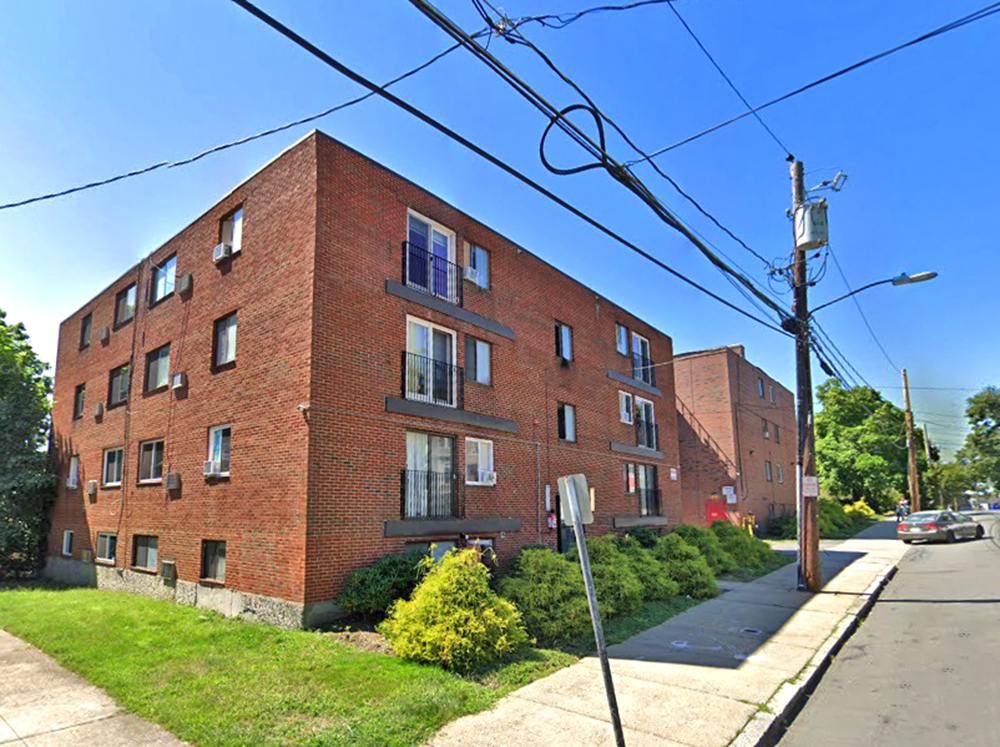News: Front Section
Posted: December 24, 2014
Historic rehabilitation tax credit redux
In July 2013, this column noted that developers whose projects utilize historic rehabilitation tax credits had high hopes that the Internal Revenue Service would soon introduce guidance that would provide comfort to their investors. Earlier this year, the IRS did issue guidance in the form of Revenue Procedure 2014-12. Developers would be well advised to read that revenue procedure and obtain legal advice as to how to comply with it.
However, developers should also be aware that the IRS is still challenging partnerships that were formed prior to 2014 to determine whether they are "true partnerships" based upon a Third Circuit Appeals case. In August 2012, the United States Court of Appeals for the Third Circuit ruled in Historic Boardwalk Hall v. Commissioner that an investor in a syndicated partnership sharing in federal historic tax credits was not a bona fide partner and that the partnership was a not a true partnership.
To be a bona fide partner, the investor was required to share in both the upside benefits and the downside risks of loss. The court determined that the investor in question lacked any meaningful downside risk for several reasons. First, the investor joined the partnership after the partnership had already committed sufficient funding to pay the costs of the project. Second, the investor did not make its capital contribution to the partnership until after the historic credits had been certified and were available to the investor. Third, the court focused on the fact that the partnership and the New Jersey Sports and Exhibition Authority had given guarantees which protected the investor from loss arising from failure to complete the construction, environmental liabilities and any loss or reduction of the tax credits.
Finally, a letter of credit secured the payment of the investor's preferred return and a loan made to the partnership by the investor.
While developers utilizing historic tax credits should primarily focus on the guidance set out in Revenue Procedure 2014-12, it is critical that they do not forget the Boardwalk Hall ruling. That ruling truly sets out the traps for the unwary developer and should be a constant reminder that the investors need to have some form of risk and benefit in the partnership.
John Varella is an attorney with Lourie & Cutler, Boston, Mass.
Tags:
Front Section
MORE FROM Front Section
Front Section
McEvoy of The Conrad Group brokers $2.9 million sale of industrial building
Hingham, MA The Conrad Group has brokered the sale of 55 Research Rd., South Shore Park. The property consists of a 20,340 s/f single story manufacturing building on two acres of land.

Columns and Thought Leadership

5 Questions to ask when choosing a real estate broker - by Elizabeth Perez Barlett
>They say, “April showers bring May flowers,” but this season may bring more movement in the housing market as springtime is one of the most popular times for home buying and selling. Although spring is one of the strongest seasons for the residential market, it may not be all rosebuds and butterflies if you don’t have the right advisors.

The doctor is in: How medical leases differ from retail and office spaces - by Brian Cafferty
As healthcare facilities, often referred to as “Doc in a Box” clinics, increasingly move into traditional retail spaces, landlords are more frequently leasing to medical tenants. Unlike standard retail or office leases, medical facilities come with a unique set of considerations that must be carefully addressed to ensure a successful tenancy.

Investing in a falling rate environment - by Harrison Klein
Long-term interest rates have fallen by 100 basis points, and the market is normalizing. In December of 2022 I wrote an article about investing in a high interest rate, high inflation market. Since then, inflation has cooled off, and the Fed has begun lowering their funds rate.

It’s time to get creative with closed college campuses - by Christian Koulichkov
Facing higher costs, shrinking enrollments, reduced state funding and severe demographic headwinds, many colleges and universities in New England and the Northeast are fighting for survival. The latest to lose the battle is the 150 + year old University of the Arts in








